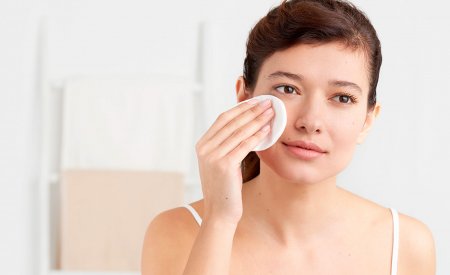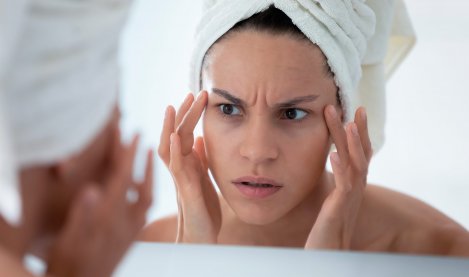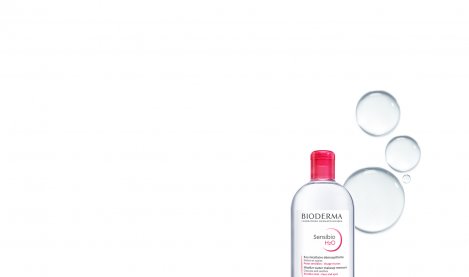Do you have to wash your face morning and night? Yes!
Skin is an ecosystem of its own, which is a dynamic exchange platform that contributes to vital functions, including an internal biological clock. From day to night, skin’s role changes, which will affect the cleansing routine.
Morning
Skin prepares itself to play a protective role against the environment during the day. For it to be effective, you need to cleanse your face to remove all impurities that accumulated overnight, the moment when cellular activity is at its most intense. Skin will become more resistant and ready to receive cream and care for the day.
Night
To eliminate all of the day’s impurities, skin activates its renewal, detoxification and regenerative functions. It becomes more permeable, and therefore fragile when faced with outside aggressive factors that can penetrate more easily. This is why it is so important to cleanse your face before going to bed.
The two basic rules for sensitive skin:
1. Listen to your skin:
Does it feel tight or irritated after you’ve cleansed your face? Maybe the product you’ve used doesn’t work for you, or you have cleansed away the protective naturally occurring oils in your skin.
2. Find the right rhythm:
Cleansing your face in the morning and at night is imperative for skin hygiene. Depending on what your lifestyle includes (sports, hot or cold climate, and activities), you may need to adjust your routine slightly. All potential irritation factors such as saltwater, sunscreen, perspiration and makeup should be removed as quickly as possible.
Discover the other Sensibio sensitive skin routine products
The Sensibio H2O range of skincare has been expertly formulated with sensitive and troubled skin at the forefront. Working hard to soothe and hydrate your problematic skin, this range has every item you need to create an effective sensitive skin care routine.
- AR - The long-lasting, anti-redness care for ultra-comfort.
- AR BB Cream - The anti-redness care for skin-perfecting and protection.
- Light - Soothing and moisturising care for your sensitive skin.
- Rich - Soothing and nourishing care for sensitive skin.
- Tonique - A soothing and moisturising lotion that boosts skincare efficacy.






